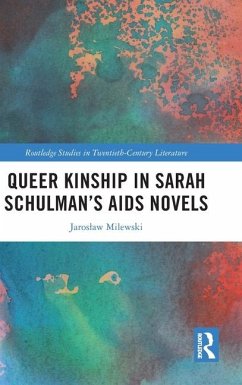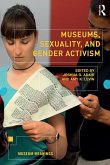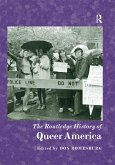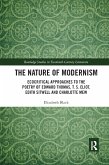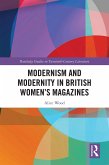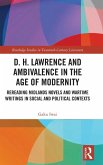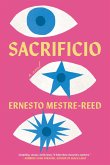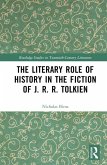Queer Kinship in Sarah Schulman's AIDS Novels is the first book to extensively discuss the works of Sarah Schulman, a journalist, activist and globally recognized novelist. This research monograph juxtaposes the works about the AIDS epidemic which were well-received by the mainstream America with Schulman's own output as a "bard of AIDS burnout," in the words of Edmund White. In contrast with the prevailing representations of the epidemic, her works emphasize the importance of queer kinship, chosen families and AIDS activist groups that fall outside of the heteronorm. Bearing witness to these voluntary collectivities means also surviving the traumatizing experience of ongoing, repeated death and refusing the idea of an easy solution to the crisis. The monograph tracks the tension between the dominant narratives about the epidemic and those articulated from the excluded positions, arguing that Schulman reformulates queer kinship as the locus of social change.
"[This volume] study contextualizes Schulman's fiction within its historical and sociopolitical context, with a keen eye to the way fiction may serve as a gesture of "acting up" as it agitates for alternative imaginings of queer identities and collectives in crisis. Close textual analysis and contextualization lend the book the sort of academic rigor and cultural awareness we have come to expect of the Routledge series... Highly recommended. All readers."
--G. Sikorski, Anne Arundel Community College, CHOICE
--G. Sikorski, Anne Arundel Community College, CHOICE

